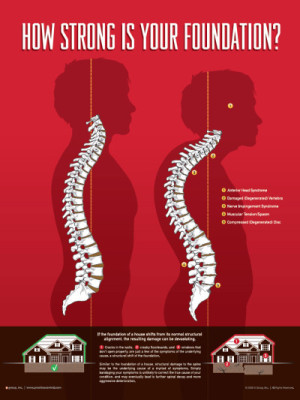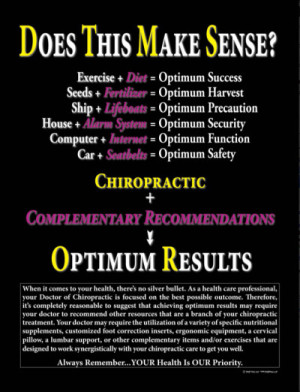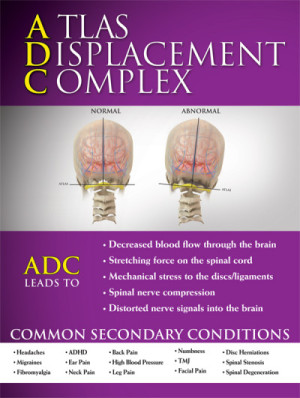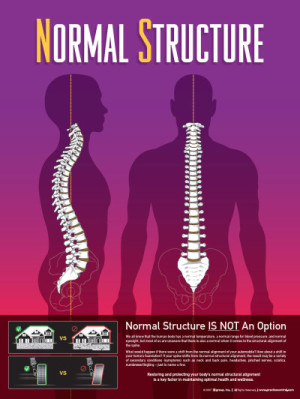
.
Call Us Today On 0477 226 878
Where A Consultation Is A Conversation
- NOT A Commitment
Menieres Disease!
Meniere’s disease is a condition that may results in, tinnitus, a feeling of fullness in the affected ear, vertigo and hearing loss. These symptoms are severe and able to strike at any time. It is important to know what may be Primary triggers. Here are three categories of Meniere’s disease triggers, followed by a natural way to get help that is bringing hope to many with Meniere’s disease and other vertigo conditions. This knowledge will hopefully lead to fewer episodes and a better ability to perform normal daily activities
#1 Environmental Triggers of Meniere’s Disease
Anything that can affect the inner ear can potentially trigger a Meniere’ flare-up. Thus, there are numerous triggers a person could run into throughout the day. Here are a few examples of environmental factors that can affect symptoms:
- Weather changes – Changes in the barometer that occur when a storm system is moving through an area can trigger attacks. Unfortunately, weather triggers are among the most unavoidable.
- Allergens – Anything that leads to congestion and the production of histamine in the body can add to the fluid in the ears. Since endolymphatic hydrops (an excess of fluid in the ear) is a contributing factor to Meniere’s, this can result in an attack. It is also why antihistamines are sometimes prescribed to patients.
- Chemicals – Certain chemicals you may come in contact to at work or even while cleaning your home can contribute to symptom flare-ups.
- Bright Lights – This can be anything from stepping out into the sun to having the lights flipped on suddenly in a dark room. Flashing lights, such as the flash from a camera, can also trigger a response.
#2 Lifestyle Triggers of Meniere’s Disease
Some of the more controllable factors regarding Meniere’s disease involve a person’s lifestyle. Here are a few changes a person can make to control the frequency and severity of Meniere’s disease flare-ups.
- Smoking – If you are a smoker and need one more reason to quit, here it is – it may be making your Meniere’s disease worse. The smoke just makes congestion inside the ears increase.
- Stress – This is a rather controversial trigger, but it’s pretty clear that stress makes just about any health condition worse, so why would Meniere’s disease be any different? It is impossible to avoid stress completely, but managing stress well is key.
- Illicit Drug Use – Recreational drugs weaken the immune system, and the last thing you want when you have Meniere’s disease is a head cold. So staying away from anything that can affect the immune system adversely is a must.
- Exertion – Both physical and mental exertion can weaken a person’s immune system. Does this mean you should never exercise or do anything mentally tasking? Of course not! You just need to learn your limits and not overdo it. Some daily activity is beneficial.
- Diet – Processed foods, fast food, foods that are filled with refined sugars or artificial sweeteners, and flavor enhancers like MSG can all affect the body negatively. You also need to avoid any foods that you are allergic or sensitive to.
#3 Triggers Involving Movement
As is the case with most vertigo condition, head position can play a major role in the sudden onset of symptoms. For example, you may need to limit the following movements:
- Tilting the head back – If this is a trigger for you, it may become necessary to change things such as the way you wash your hair in the shower.
- Bending down – You may have to start squatting to pick something up off the floor rather than bending at the waist. If bending triggers vertigo, this can quickly lead to a fall and potentially an injury.
- Moving the head too quickly – When we hear a sound behind us or see movement out of the corner of our eyes, we often spin around to see what happened. For a Meniere’s patient, training yourself to make slower and more controlled head movements is vital.
Is There Hope for Meniere’s Disease Sufferers?
While you may have come up with some good ideas for changes to make while reading those triggers, avoiding potential flare-ups will only get you so far. It is important to get to the root of the problem. Medications often treat individual symptoms during an attack and can have many unwanted side effects. Surgery for Meniere’s disease has left many deaf in the affected ear, and let’s not forget that it is possible for Meniere’s to set in for the second ear as well. Is there a better way?
Happily, the answer is yes! Hundreds in case studies have seen symptoms decrease by 90% or more under care by an upper cervical chiropractor. Some have even received complete relief from symptoms. What does the upper neck have to do with a condition that is supposed to take place inside the inner ear?
How Structural Corrective Chiropractic Helps
The atlas (top bone in the spine) is in close proximity to the ears. Thus, a misalignment can influence the Eustachian tubes. These tubes have the job of draining excess fluid from the ears. If an upper cervical misalignment has affected the Eustachian tube in one ear, Meniere’s can be the result. Thus, upper cervical chiropractic goes after a Primary Condition (cause) rather than the Secondary Conditions (symptoms).
To learn more, schedule a Complementary Consultation.




.
Next | Back
Align Chiropractic Centre
Active Living
81 Sixth Avenue, Maroochydore
Queensland 4558
0477 226 878
info@alignchiro.com.au
Our Motto
Align Chiropractic Centre is focused on structural correction of the spine. We use state of the art
technology and techniques to restore full function of the spine and nervous system to allow the innate
recuperative capacity of the body to work optimally.
Privacy Policy | Copyright 2015 Align Chiropractic Centre | Website by Barking Mad Marketing









